In a world increasingly defined by monetary transactions and asset exchanges, the importance of understanding value cannot be overstated. The worth of an item is frequently enough not as straightforward as its price tag suggests; it encompasses a complex interplay of market dynamics, ancient importance, and subjective perception. This is where the vital roles of valuers and appraisers come into play. These professionals serve as the navigators of worth, guiding individuals and businesses through the intricacies of evaluating everything from fine art to real estate. 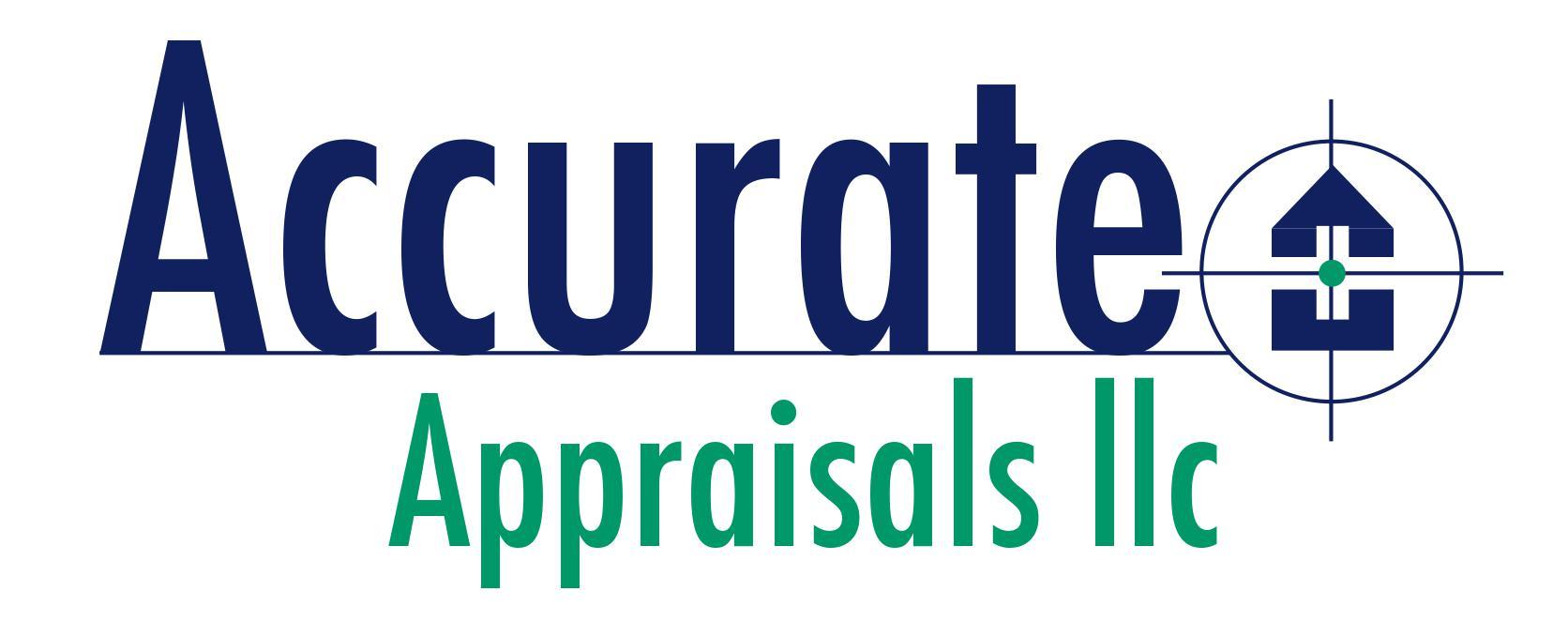
Importance of accurate Valuations in Market Dynamics
In the intricate web of market dynamics, accurate valuation serves as vital signposts that guide decision-making for investors, businesses, and policymakers alike. When values are misrepresented, the repercussions can ripple through entire industries, leading to misallocated resources and distorted market perceptions. **Valuers and appraisers** are essential in this landscape; their expertise ensures that value reflect true market conditions, thereby instilling trust and transparency among stakeholders. They utilize a combination of data analysis, market trends, and methodologies, which contribute to a more informed ecosystem. Achieving precision in valuation not only helps in negotiating fair prices but also protects the integrity of financial systems.
Consider the following factors that underscore the significance of accurate valuation:
- Investment Decisions: Investors rely on precise valuations to gauge the potential return on investment.
- Financial Reporting: Companies need accurate valuations for clear financial statements that comply with regulations.
- Mergers and Acquisitions: Valuers assess company worth to facilitate fair negotiation during mergers and acquisitions.
- Insurance Requirements: Insurers use valuations to determine the appropriate coverage limits for assets.
To illustrate the impact of valuation accuracy, consider the table below which highlights how value discrepancies can affect different sectors:
| Sector | Impact of Incorrect Valuation |
|---|---|
| Real Estate | Potential for overpricing or undervaluing properties, leading to market instability. |
| Stock Market | Misleading stock prices which can result in misguided investment actions. |
| Insurance | Inadequate coverage due to undervalued assets, risking financial loss during claims. |
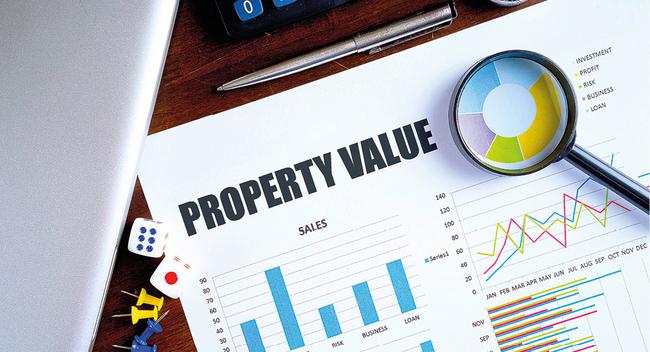
Exploring the skills and Qualifications of Professional Valuers
Professional valuers possess a unique blend of skills that shape their ability to assess the worth of various assets accurately.**Analytical thinking** is paramount, as valuers must dissect complex financial details and market trends to arrive at a credible valuation. Furthermore, strong **interaction skills** enable them to articulate their findings clearly and convincingly to clients and stakeholders. This profession also demands a good understanding of **ethical standards** and regulatory frameworks, ensuring valuations are conducted with integrity and transparency. To excel in this field, valuers should also be proficient in using specialized software tools that enhance accuracy and efficiency in their evaluations.
The qualifications required to become a professional valuer often encompass a mix of relevant academic credentials and practical experience. A degree in the field of real estate from a recognized University. Beyond educational qualifications, professional certifications from recognized governing bodies—such as the **Institution of Surveyors of Kenya, Valuers Registration Board and Chartered Surveyors (RICS)**—add meaningful credibility to a valuer’s expertise.

Best Practices for Effective Collaboration between Appraisers and Stakeholders
To maximize the effectiveness of collaboration between appraisers and stakeholders, establishing clear communication is paramount. By creating a habitat where dialog flows freely, misunderstandings can be minimized, and trust can be built. This can be achieved through regular meetings, where all parties can discuss expectations, timelines, and project scopes. consider the following strategies:
- Set Clear Objectives: Ensure everyone understands the purpose of the appraisal and what the desired outcomes are.
- Utilize Technology: Incorporate collaborative tools such as shared document platforms or project management software to keep everyone on the same page.
- Encourage Feedback: Foster an atmosphere where constructive criticism is welcomed, allowing for continuous enhancement in processes.
Another essential component of effective collaboration is the alignment of goals and methodologies. Appraisers should ensure that their valuation techniques are well understood by stakeholders, allowing for a cohesive approach to assessments. Engage stakeholders early in the appraisal process to identify their needs and expectations. Consider maintaining a simple reference table to clarify roles:
| Role | Responsibilities |
|---|---|
| Appraiser | Provide accurate valuation; communicate appraisal methods and findings. |
| Stakeholder | Define project objectives; communicate specific needs and feedback. |
By integrating these practices, both appraisers and stakeholders can cultivate a collaborative environment that leads to accomplished outcomes and enhanced understanding of the appraisal process.

Emerging Trends in Valuation: Adapting to a Changing Economic Landscape
The valuation landscape is continuously evolving, driven by technological advancements, regulatory changes, and shifts in global markets. **Data analytics** and **machine learning** are transforming how valuations are conducted, allowing valuers to harness vast amounts of data for more accurate assessments. Additionally, environmental, social, and governance (ESG) factors are becoming integral to the valuation process.
Valuers are increasingly tasked with evaluating the sustainability of assets and their alignment with responsible investing standards. This includes a new focus on **intangible assets**, such as brand value and intellectual property, which are gaining recognition for their significant contributions to overall worth.
In response to these changes, professionals are adapting their methodologies and approaches to remain relevant. they are emphasizing the importance of continuous education and skill development in emerging tools and techniques. some key strategies include:
- Leveraging AI: Enhancing accuracy and efficiency in valuations.
- Integrating ESG metrics: Allowing for a well-rounded asset assessment.
- Collaboration with tech firms: Improving data sources and valuation models.
- Expanding customer engagement: Providing tailored insights and driving stakeholder trust.
| Trend | Description |
|---|---|
| Technology Integration | Valuers are adopting advanced software for data analysis. |
| Focus on intangibles | Increased recognition of non-physical assets. |
| Regulatory Adaptation | Valuation standards evolving with global economic shifts. |
Their expertise transcends mere numbers, offering insights that underpin decisions across myriad sectors—from real estate to art, and everything in between. As we navigate a rapidly changing economic landscape, the role of these professionals becomes not only essential but pivotal in shaping trust and transparency.
Whether you’re a potential buyer, an investor, or simply a curious mind, embracing the importance of valuers and appraisers can enhance your understanding of value in all its dimensions.
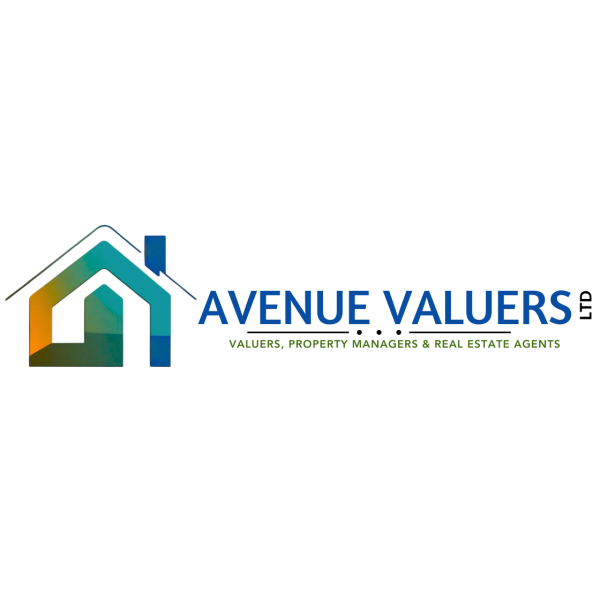

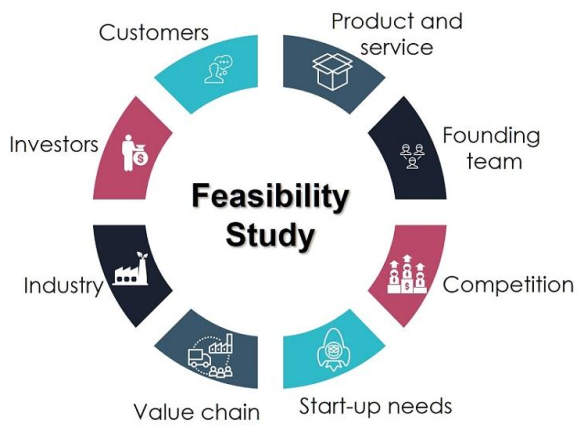
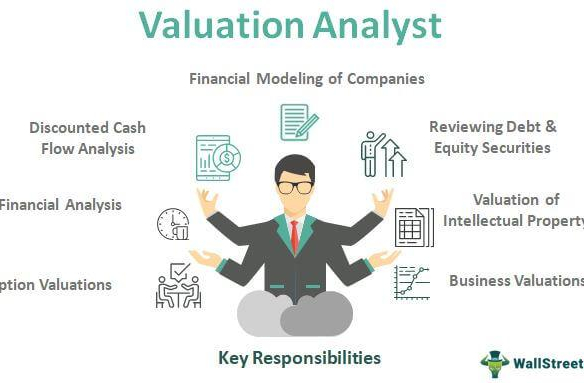
Join The Discussion